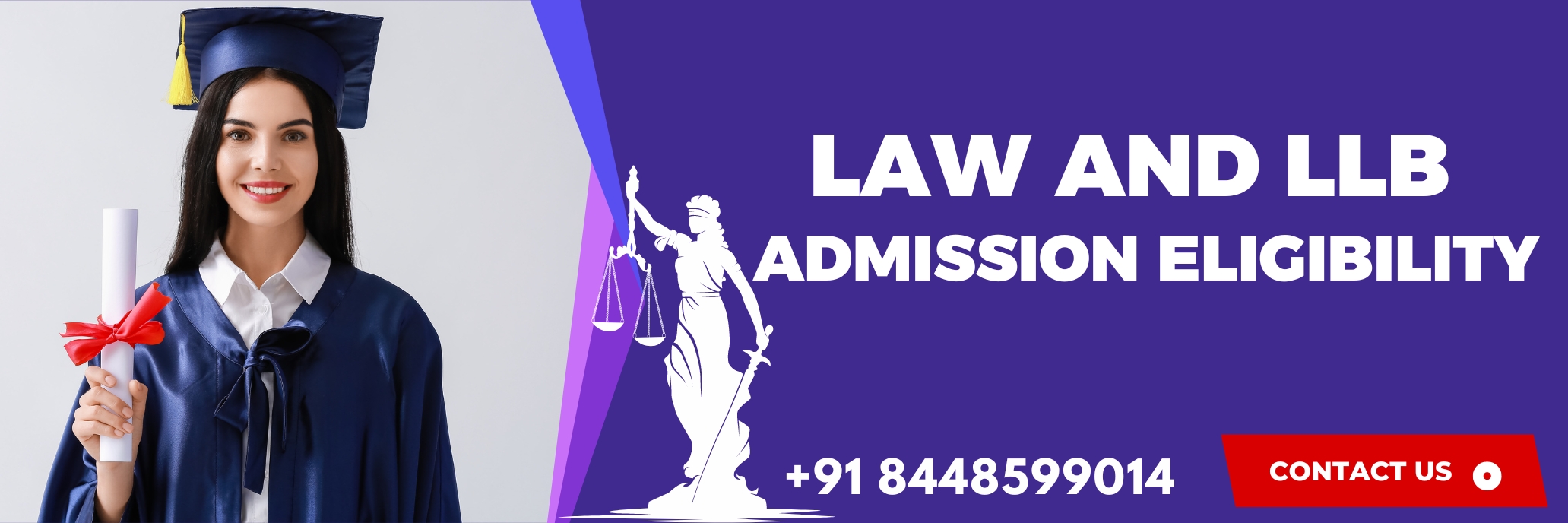
What is the Qualification Required for LLB?
The pursuit of a Bachelor of Laws (LLB) degree is a popular choice for students who aspire to enter the legal profession. Understanding the qualifications required for LLB is crucial for those aiming to enroll in law schools. This comprehensive guide by Bodmas Education will cover the educational prerequisites, eligibility criteria, entrance exams, and additional skills needed to pursue an LLB degree.
1- Educational Prerequisites for LLB
The educational qualifications required to enroll in an LLB program vary based on the type of LLB course:
- 5-Year Integrated LLB Program: This program is designed for students who have completed their higher secondary education (10+2). The minimum qualification required is passing the 12th grade from a recognized board with a minimum aggregate score, usually ranging from 45% to 60%, depending on the university or college.
- 3-Year LLB Program: This program is for students who have already completed their undergraduate education. Candidates must hold a bachelor’s degree in any discipline from a recognized university with a minimum aggregate score, which typically ranges from 45% to 55%.
2- Eligibility Criteria
In addition to educational qualifications, candidates must meet certain eligibility criteria to apply for an LLB program:
- Age Limit: Some universities have an age limit for admission to LLB courses. For the 5-year integrated program, the age limit is generally around 20-22 years for general category students and 22-24 years for reserved category students. For the 3-year program, there is usually no upper age limit.
- Nationality: Candidates must be citizens of the country where they are applying for the LLB course. However, many universities also accept international students.
- Language Proficiency: Proficiency in the language of instruction (usually English) is required. Some universities might require proof of language proficiency through tests like TOEFL or IELTS for international students.
3- Entrance Exams for LLB Admission
Most universities and law colleges require candidates to clear entrance exams to secure admission to LLB programs. Some of the prominent entrance exams include:
- CLAT (Common Law Admission Test): For admission to 22 National Law Universities (NLUs) in India, along with various other law colleges.
- AILET (All India Law Entrance Test): Conducted by the National Law University, Delhi.
- LSAT-India (Law School Admission Test – India): Accepted by several law colleges across India.
- MH CET Law (Maharashtra Common Entrance Test for Law): For admission to law colleges in Maharashtra.
- Other University-Specific Exams: Many universities like Delhi University, Banaras Hindu University, and Symbiosis International University conduct their own entrance exams for law courses.
4- Skills and Qualities Required for LLB
Beyond the formal qualifications, aspiring law students should possess certain skills and qualities to succeed in their legal education and career:
- Analytical and Critical Thinking: The ability to analyze complex information and form logical arguments is crucial.
- Communication Skills: Strong verbal and written communication skills are essential for drafting legal documents and presenting cases.
- Research Skills: Lawyers need to conduct thorough legal research to support their cases.
- Ethical Understanding: A strong sense of ethics and integrity is vital in the legal profession.
- Problem-Solving Ability: The ability to identify legal issues and find effective solutions is key.
5- Application Process for LLB Programs
The application process for LLB programs typically involves the following steps:
- Research: Identify the universities and colleges offering LLB programs and understand their specific eligibility criteria and entrance exam requirements.
- Entrance Exam Preparation: Prepare for the required entrance exams by joining coaching classes, if necessary, and practicing past papers.
- Application Form: Fill out the application form for the entrance exams and the respective universities. This usually involves providing educational details, personal information, and uploading required documents.
- Entrance Exam: Appear for the entrance exams and ensure you meet the cut-off scores for the universities you are targeting.
- Counselling and Admission: Participate in the counselling process of the respective entrance exams or universities, where you will be allotted a seat based on your rank and preferences.
6- Bodmas Education: Your Guide to LLB Admission
Navigating the admission process for LLB can be challenging. Bodmas Education offers expert consultancy services to guide you through every step. Our services include:
- Personalized Counselling: One-on-one sessions to understand your aspirations and guide you in choosing the right law schools.
- Entrance Exam Preparation: Comprehensive coaching and study materials to help you ace entrance exams like CLAT, AILET, LSAT-India, and more.
- Application Assistance: Support in filling out application forms accurately and efficiently.
- Interview Preparation: Training for interviews and group discussions that are part of the admission process for some universities.
- Regular Updates: Keeping you informed about important dates, changes in admission criteria, and other relevant information.
7- LLB Degree
Pursuing an LLB degree is a significant step towards a rewarding career in law. Understanding the qualifications and requirements is essential for a successful application process. With the right guidance from Bodmas Education, you can navigate the complexities of LLB admissions and secure a place in a prestigious law school. Contact Bodmas Education today for personalized support and make your dream of becoming a lawyer a reality.

























